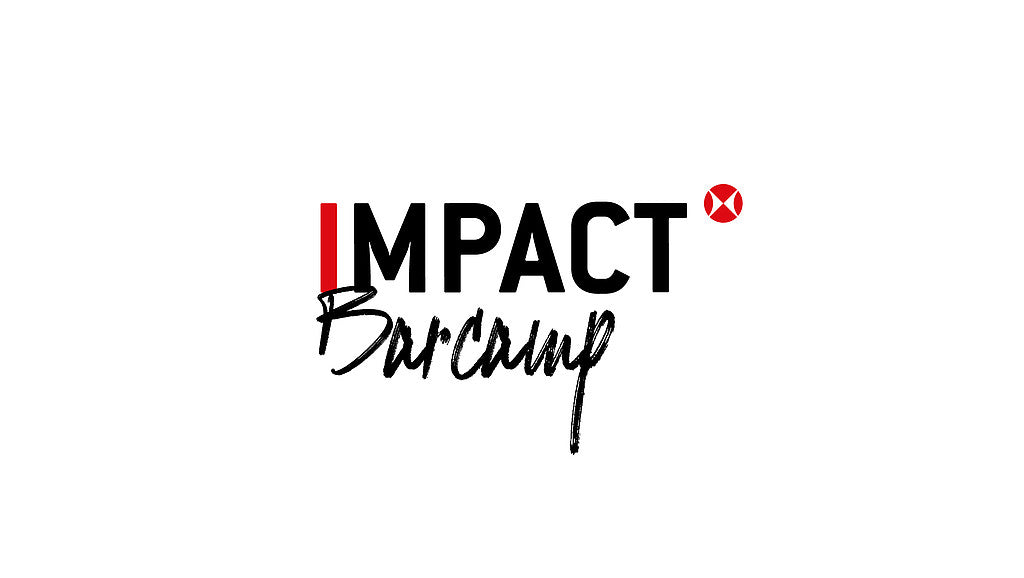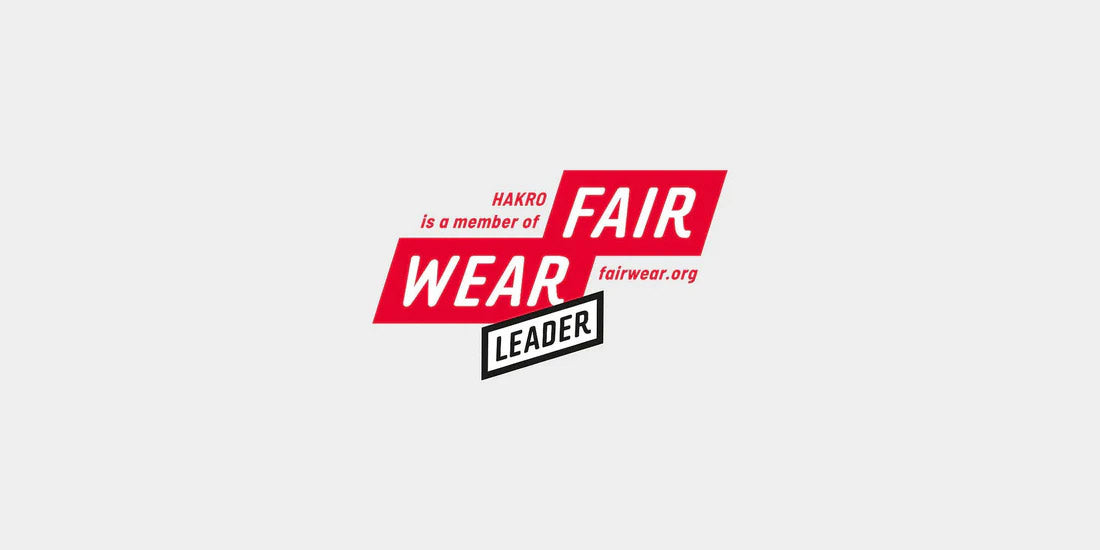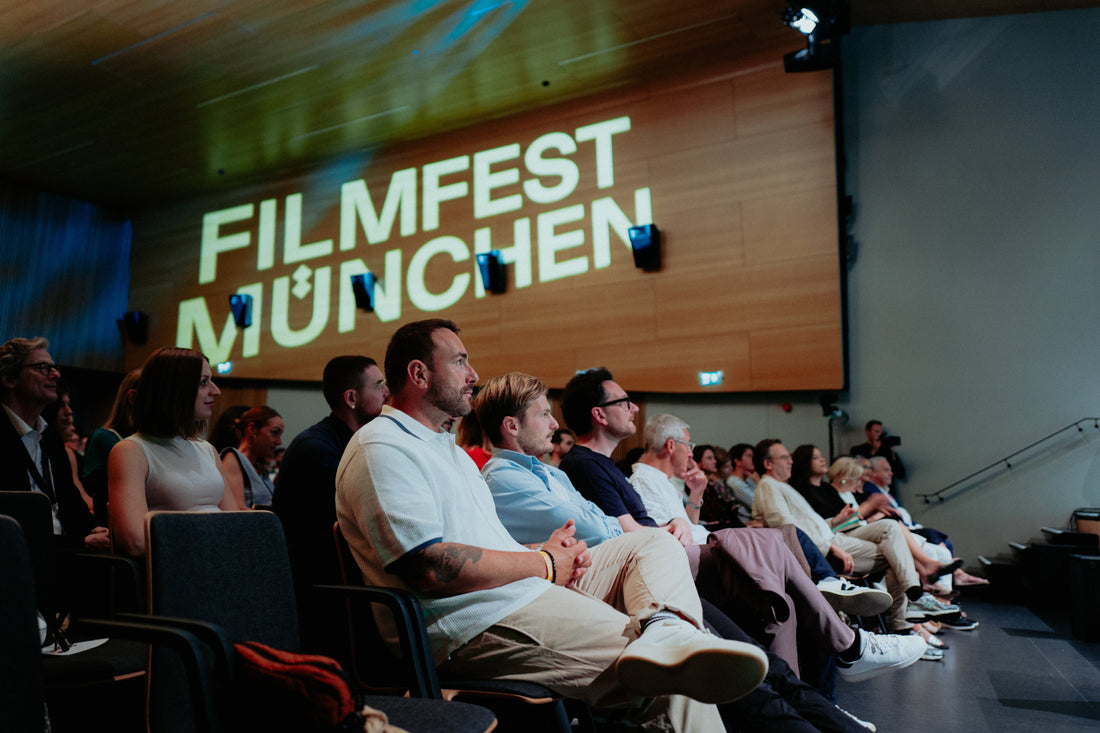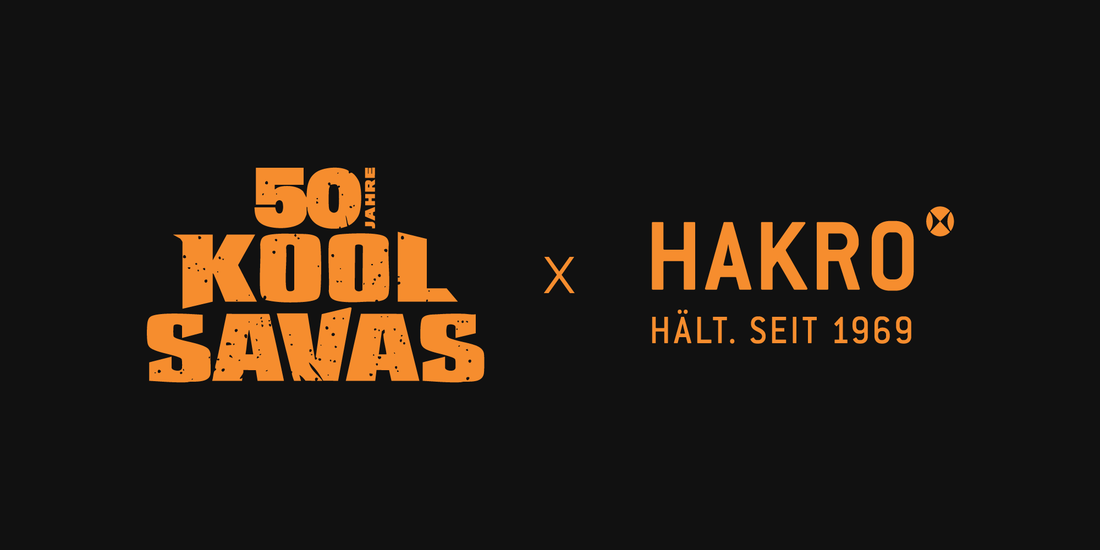When it comes to sustainability, the players in the textile industry often face the same challenges, and yet every company and every brand often goes it alone and tries to master the challenges themselves. ‘However, we can achieve a much greater impact through dialogue, collaboration and co-creation,’ says Jochen Schmidt, Head of Quality, Values & Sustainability at HAKRO. In order to increase its clout, the Quality, Values & Sustainability division has organised a unique event concept - the IMPACT Barcamp. The innovative event took place for the first time on 20 and 21 October in the new showroom at HAKRO in Schrozberg, which is also the company's communication centre. Among the guests: around 40 sustainability managers from textile companies in the fashion and outdoor sectors as well as standard setters and solution providers such as Fair Wear, Cotton made in Africa and GoBlu.
Under the motto ‘Action through Co-Creation’, the IMPACT Barcamp called for active participation. In contrast to traditional, pre-structured events, the agenda was jointly designed by all participants based on their current topics and interests. The only thing that was fixed at the beginning was the overarching theme of ‘sustainability in the textile industry’ - and the desire to make a difference together. ‘Learning from each other, sharing challenges, being inspired by new perspectives, discovering different and new paths together, thinking creatively and creating success together - all of this was at the centre of our first HAKRO IMPACT Barcamp,’ says a delighted Anna Rüchardt from the Quality, Values & Sustainability department at HAKRO.
The first day was dedicated entirely to getting to know each other. After a welcome in the showroom and a brief introduction to the barcamp idea, a joint dinner and an exchange at the cocktail bar invited participants to deepen their contacts. The next morning, there was a call for active participation and the joint agenda was planned. The result: 16 sessions spread throughout the day on various challenges and issues. For example, one session was dedicated to traceability and transparency in supply chains, while another session focussed on the topic of seals and standards, while the parallel sessions dealt with greenwashing in sustainability communication and the search for the right way to deal with interfaces between the sustainability department, sales and marketing. After an exciting day of brainstorming, discussions and constructive exchange, the IMPACT Barcamp came to an end with dinner and a cosy get-together at the in-house Harry's Bar.
‘Admittedly, we were very nervous at the beginning about whether a barcamp was the right event format and how it would be received by our sustainability colleagues,’ recalls Jochen Schmidt. But the consistently positive feedback from the participants (‘Inspiring format, mind-blowing, mega!’) wiped away any concerns. ‘The IMPACT Barcamp was a real enrichment for all of us! We are delighted with the cheerful atmosphere and the new impulses that we were able to develop together. After the positive response, we can well imagine continuing the barcamp next year,’ adds Anna Rüchardt.



